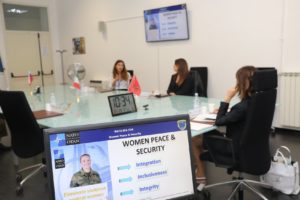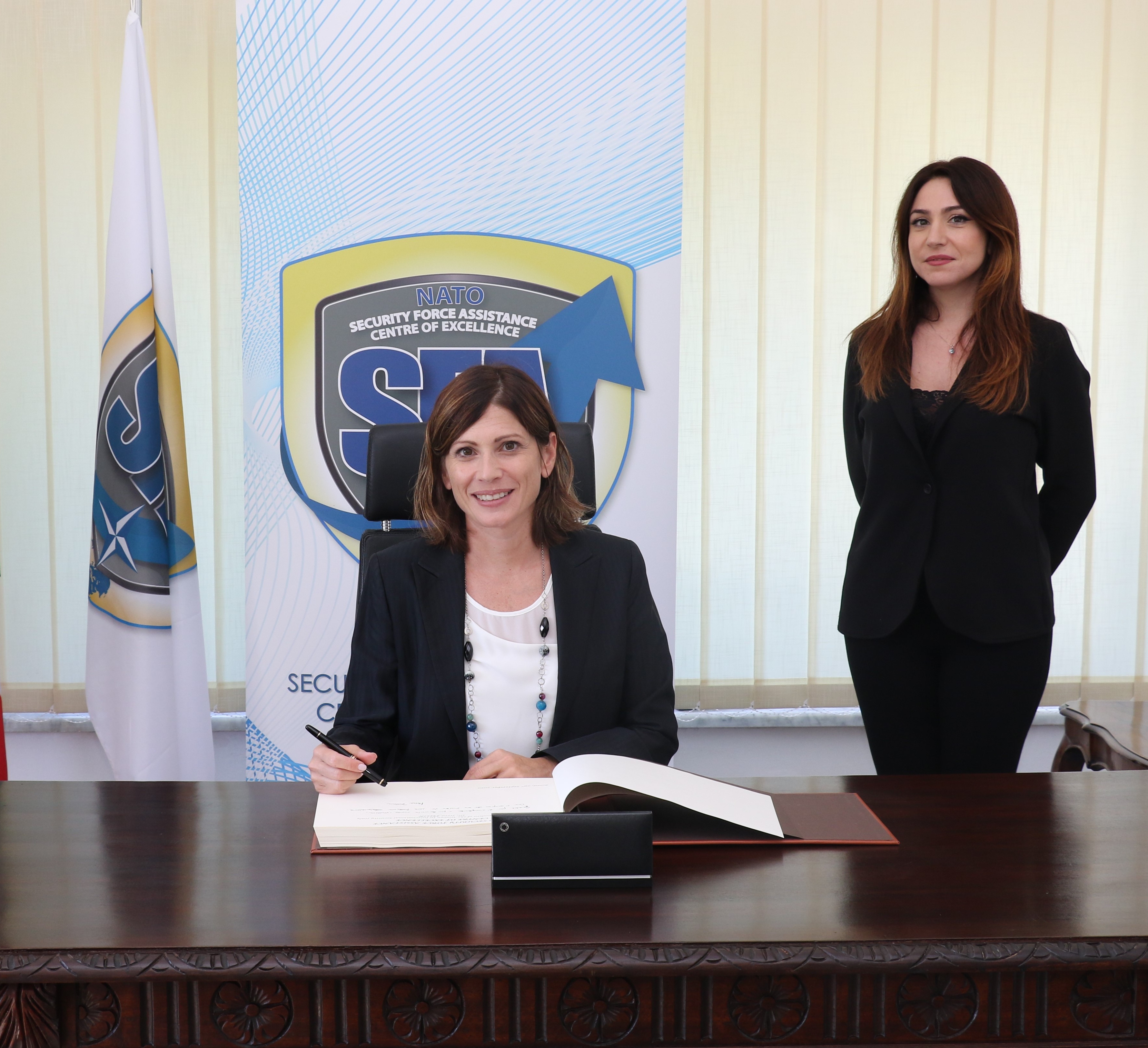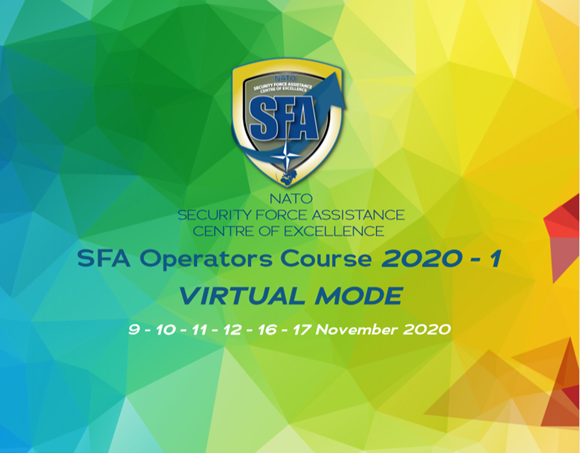The 20th Anniversary of the UNSC Resolution 1325 on “Women, Peace and Security”: challenges and opportunities for its overall implementation
Interview with Mrs Irene FELLIN
President of Women In International Security (WIIS) Italy
On the 31st of October 2020 the International Community celebrated the twentieth anniversary of the UNSC Resolution 1325 on “Women, Peace and Security”, aimed at promoting a meaningful participation of women in the management and resolution of conflicts and incorporating a gender perspective in crisis situations. Despite the international efforts for a full implementation of the principles embedded in the Women, Peace and Security (WPS) agenda, a new call to action was addressed during the recent celebration of the twentieth anniversary by all the stakeholders involved at a global level.
WIIS Italy is part of a global network that actively supports the WPS agenda. How was this project born and what is your mission?
WIIS Italy is an organisation that promotes the participation and role of women in international affairs, peace and security, supporting research projects and organising events on current political and international security issues. Founded in the USA in 1987, WIIS now operates all over the world through 47 affiliates. As for Italy, WIIS Italy was firstly created in Rome in 2016, and is now active throughout Italy.
Our main mission is to promote a greater participation of women in decision-making processes and in particular in the field of international relations, peace and security. We aim at expanding a network of women and men – who support the key role, played by women in the peace and security agenda. We organise events on gender issues and favour the development of female leadership through mentoring programs. As part of our activities, we are also part of the Open Ended Working Group (OEWG) on 1325, which encompasses institutions and civil society organisations that are involved in the drafting and implementation of the National Action Plan (NAP) of Italy in support of UNSC Resolution 1325 and related resolutions. We are currently working on the development of the IV NAP that will be adopted by the end of this year.
The WPS agenda was the result of years of activism by civil society organisations, with the aim of acknowledging the gender impact of armed conflicts and the role of women in crisis resolution. Within this framework, what institutions are you cooperating with?
In 2017, in collaboration with Istituto Affari Internazionali (IAI), we contributed to the creation of the “Mediterranean Women Mediators Network”, responding to the vital role of women and the need for their full and equal participation in peace mediation, conflict prevention and resolution. The project was promoted by the Ministry of Foreign Affairs and International Cooperation (MAECI), within the framework of the Italian National Action Plan on UNSCR 1325.
Among others, WIIS Italy carries out various activities in cooperation with NATO, from organising a study trip at the Brussels Headquarters to the organisation of seminars.
During the current year, we have also opened up collaborations with John Hopkins University in Bologna, LUISS University in Rome, Sant’Anna University in Pisa and Cattolica University in Milan to launch internship projects.
WIIS Italy also takes part in the activities of Brussels Binder Beyond, a European network created to promote the participation of women in public debates.
In addition to the activities included in the III NAP on 1325, what are the main projects you are currently working on?
The pandemic has certainly forced us to rethink the format of some activities; nonetheless, we are trying to carry them out in accordance with government restrictions.
Last year WIIS Italy took part in several activities, such as the meeting held in March on “Women, Peace and Security: Towards the 20 years of UNSCR 1325”, sponsored by the House of Commons in collaboration with the Canadian Embassy in Italy. In June 2019, we cooperated with the British Embassy in Rome in the conference “Women in NATO”, on the occasion of NATO’s 70th anniversary. In 2020 we launched our “Mentoring Programme”, designed to foster the professional development of young women in international affairs, security and diplomacy, where twenty-two mentees were associated with as many mentors working in those fields. Due to the high success of the initiative, the second edition will be launched in 2021. We hope that we will be able to get back to our informal networking events as soon as possible.
In your opinion, how should the NATO SFA COE and WIIS Italy develop their relationship in order to foster the overall implementation of the WPS agenda, and in particular with a focus on the fight against sexual and gender-based crimes?
The primary responsibility for the implementation of the WPS agenda rests with nations. However, as a political and military Alliance, NATO contributes to its implementation by systematically integrating gender perspectives into the planning and the execution of operations. Following the NATO/EAPC Policy on Women, Peace and Security and the most recent policy on Preventing and Responding to Sexual Exploitation and Abuse adopted in 2019, the NATO SFA COE can enhance its efforts to support and engage in initiatives undertaken to respond to sexual and gender-based crimes, facilitating contacts among entities actively involved in this field. Promoting women’s participation in Local Forces and including specific elements focused on gender and WPS in the training and education curricula for local forces and other personnel working in the HN’s security and defence institutions will help to recognize, prevent, and respond to conflict-related sexual and gender-based violence.
It is also remarkable how the Centre of Excellence, in its planned Publication on the Role of SFA in supporting the rule of law and governance in crisis zones, is devoting special attention to developing a dedicated chapter on the protection of women and girls in armed conflicts, in collaboration with the International Criminal Court (ICC).
Within this framework, the NATO SFA COE and WIIS Italy could improve their relationship through cooperation in dedicated research and projects, so as to promote gender equality and WPS in fragile States. Also, it could be interesting to enhance mutual participation in roundtables and specialised courses, together with the exchange of Subject Matter Experts (SMEs) and the delivery of SFA products to WIIS Italy associates.










